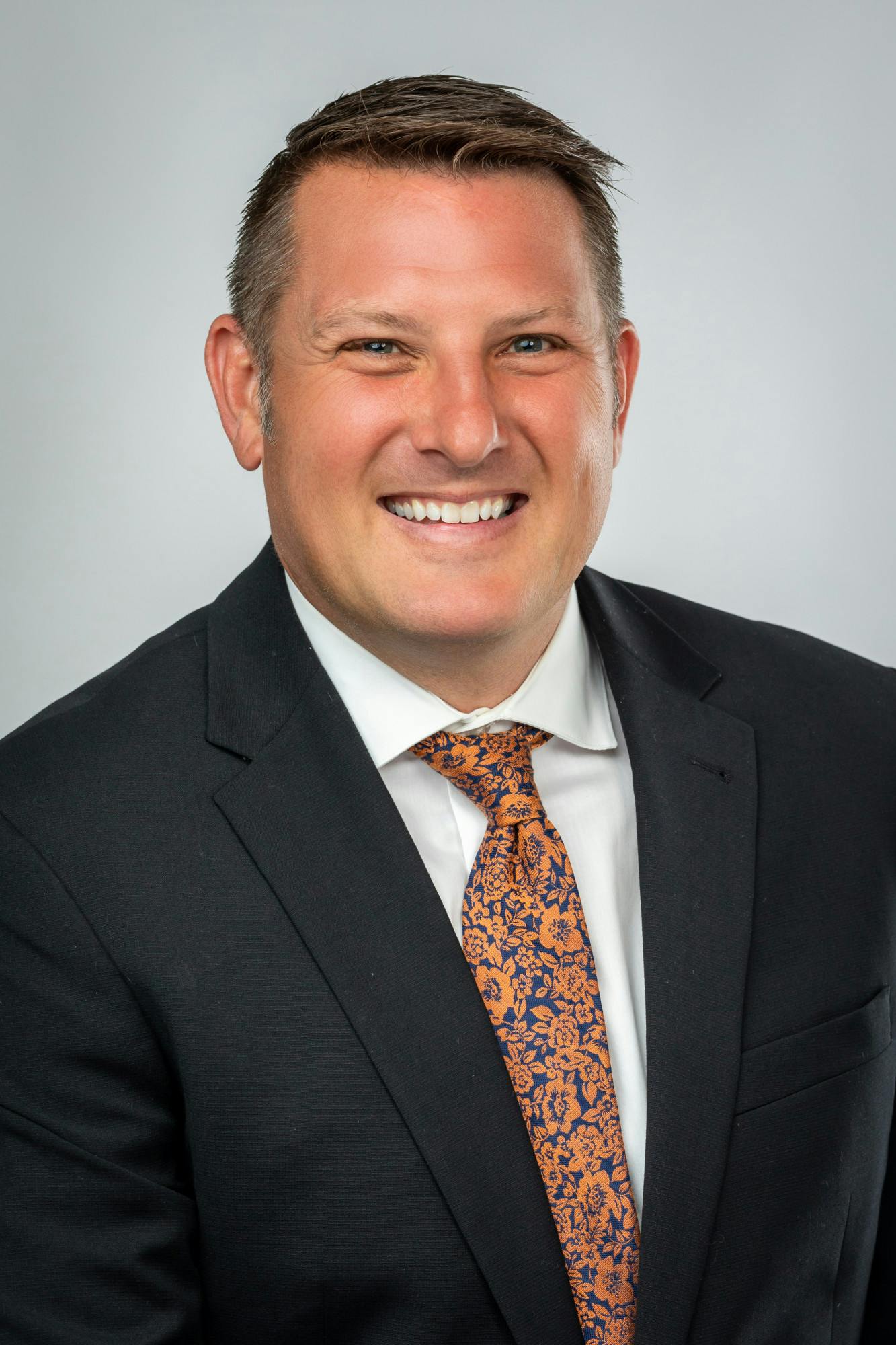Whatcom County is having its first District Court judge race in almost 20 years. Candidates for these positions typically run unopposed – incumbent Angela Anderson will be taking the first open District Court position on the 2022 Midterm ballot. Yet for the second position, two legal buffs are vying for the seat.
District Court judges interact with the local community and make decisions on everyday legal issues – traffic tickets, DUIs, marriages and name changes. They also handle criminal misdemeanor cases.
Whatcom County Prosecuting Attorney Eric Richey said he thinks a good District Court judge is someone who can listen.
“It's important that people, especially in these lower level courts, are welcoming and able to make the people that come before them feel heard,” he said.
Judge candidate Gordon M. Jenkins, who’s worked in the County prosecuting office, has experience on both sides of the court. Working with victims, he’s seen the impact offenses can have on people's lives and sense of safety. As a defense attorney, he’s seen the weight of the criminal justice system on defendants’ lives, especially for those under the poverty line.

Jenkins said in his experience, court cases are taking too long. He thinks he can improve efficiency.
“Delay is not just hard on the court, it's hard on defendants, victims and folks who don't have a lot of money,” he said.
The longer a misdemeanor case stretches, for instance, the more likely defendants will lose contact with the court. Sometimes they can’t pay their phone bill or get transportation, and end up with a warrant out for their arrest. Victims may have to wait several months or years to see their cases resolved, which can exacerbate pain and disillusionment with the criminal justice system.
This can happen because one side or the other in a case doesn’t budge on an offer or negotiation. Jenkins said it's the judge's job to track cases and how long they've been pending and keep in contact with attorneys for case status.
He said many people coming through District Court are suffering from addiction or untreated mental illnesses, which contribute to the decisions they're making. Misdemeanor charges max at 364 days of jail time, so defendants in those cases remain part of the community. He wants to expand the use of therapeutic treatment courts to help address underlying issues for long-term community health.
Jenkins wants to add substance abuse courts or a lower-level version of the drug court program, a veterans court and a DUI court.
“In terms of things that are dangerous for our community, people are committing multiple DUIs and the DUI level is extremely high,” he said. “We've just had a couple of cases come in that are vehicle versus pedestrian vehicular homicides.”
DUI attorney Jonathan Rands, the District Court candidate who led in the primaries, said DUIs are one of the most filed cases in the court.
“I've been a defense lawyer for 20 years,” he said. “There isn't any subject matter in the criminal world and District Court that I haven't handled. I've chosen to focus my practice on DUIs because they are so complicated.”

Rands said one of the biggest misconceptions about District Court judges is that they have power to change the law. For example, his passion as a DUI attorney can inform his understanding of those cases, but he cannot advocate to change DUI law. Constitutional challenges typically happen with newly introduced laws that go to the Superior Court.
Rands has been pro tem, or a substitute judge, for the District Court for almost five years. He agreed to pro tem so he could experience another side of the courtroom that would help him do his job more effectively.
“It took me about four or five cases to realize how well I knew stuff, how well I knew people and it dawned on me that I could serve the community this way,” he said.
According to Rands, access to justice frequently comes down to an individual’s socioeconomic status and mental health. He said he has the ability to make sure people are not only understood, but ensured access to justice.
Rands, similar to Jenkins, wants to create a community court and alternative sentencing measures to ensure individuals that are challenged by their circumstances – mental health, class, prior convictions – can get what they need. He said he’s better positioned to help the community as a judge than an attorney working with one client at a time.
“Judges have an incredible amount of power to change a person's life,” Rands said. “As a District Court judge, you're looked at in terms of the ethics that we abide by, the canons of Judicial Conduct, which you live your life by in and out of the courtroom because of the standing that you have in the community.”
For Richey, Jenkins and Rands are worthy of District Court consideration.
“Both candidates know the law,” he said. “They've handled a lot of cases and they have the experience to do the job, are able to listen effectively and make sure that people are heard.”
Despite how closely District Court judges work with the community, their election can be easy to overlook in light of other midterm races. Remember that voter resources are just a click away, and once you attain and fill out your ballot, drop it off by 8 p.m. on Nov. 8.
Sydney Jackson (she/her) (sydneyjackson.thefront@gmail.com) is a news reporter for The Front and WWU journalism major with a political science focus. Her research and reporting interests include politics, health sciences, social issues and the arts. She enjoys fashion, music, film, reading and creative writing.






